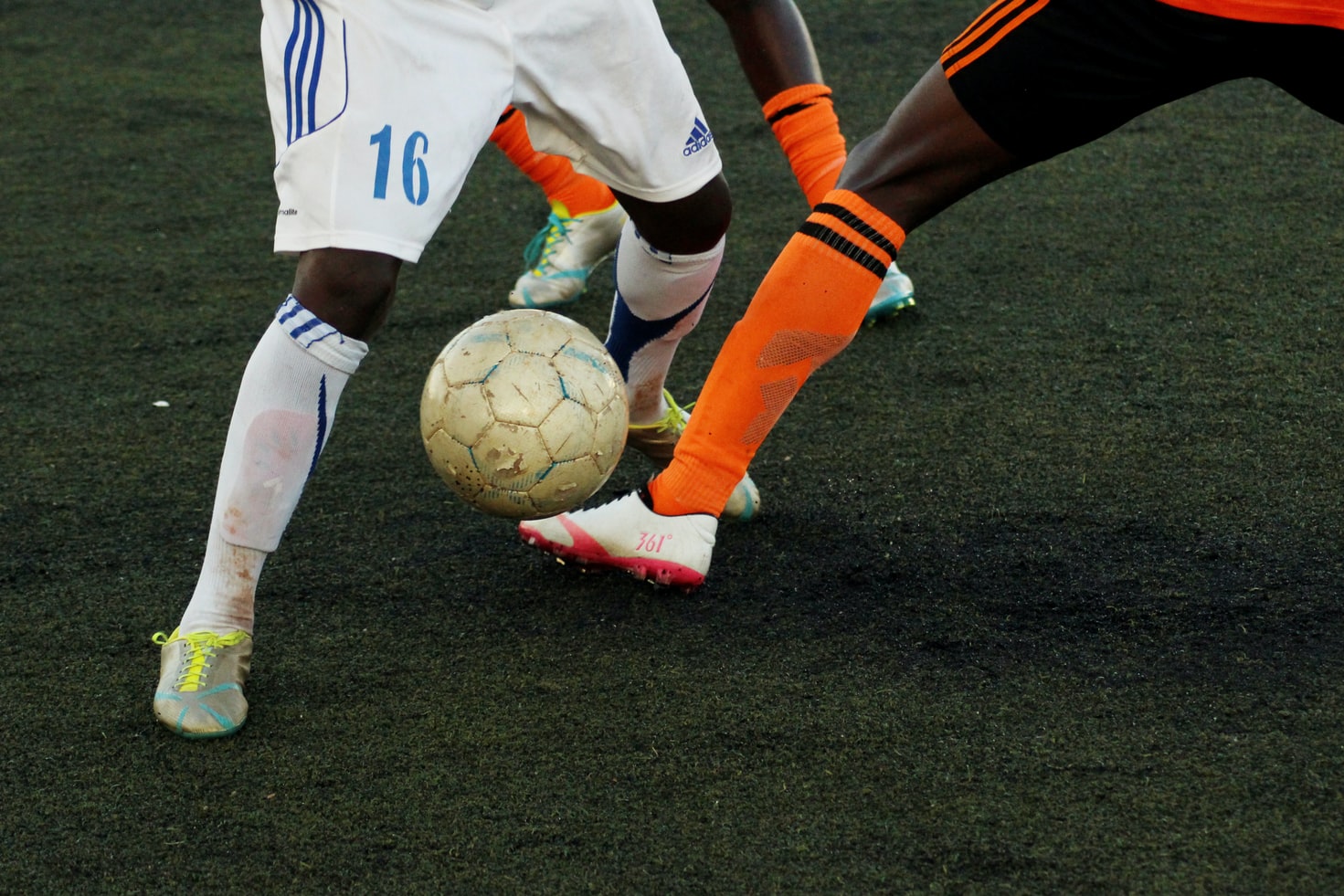Over the past few decades, LGBTQ rights have acquired several milestones. From the legalization of same-sex marriage across the U.S. and Western Europe to the political “rainbow wave,” the LGBTQ movement has proved strong. With one of the most popular sports events in the world – the World Cup – the LGBTQ movement saw it as an opportunity to spread the message of inclusion worldwide.
Soccer captains of European teams intended to wear rainbow armbands during Qatar’s World Cup as part of the OneLove campaign. OneLove started in The Netherlands at the beginning of the football season in 2020 However, the event, hosted in a nation where homosexuality is illegal, this intention has failed. This is because FIFA, the tournament organizer, decided to ban “rainbow” armbands during the tournament opening matches.
Qatar won the right to host the summer World Cup in December 2010 amid several controversies, from bribe accusations to human rights violations in the country. The tournament started on 21st November and to 18th December.
The 'OneLove' campaign
The OneLove campaign was initially created by the Dutch Football Association at the start of the 2020 soccer season. The initiative intended to “express their support for unification of all people” and condemn all forms of discrimination.
In September 2022, it was announced that nine other nations, including Norway, Sweden, and France, would adopt the campaign for various upcoming matches including the Qatar World Cup and next year’s UEFA Nations League.
Fifa's rainbow armband ban
On Saturday, FIFA announced its own armband initiative, suggesting players wear different armbands for each match. The team players should wear slogans such as “Football unites the world,” “Share the meal,” and “Bring the moves.”
If the teams break the rule, Fifa warned it would issue a yellow card to any player wearing the armband. Two yellow cards in a game mean the player is sent off the field.
“FIFA has been very clear that it will impose sporting sanctions if our captains wear the armbands on the field of play,” a joint statement from the countries’ soccer associations said.
“As national federations, we can’t put our players in a position where they could face sporting sanctions including bookings, so we have asked the captains not to attempt to wear the armbands in FIFA World Cup games.”
Frustration
In a statement on Monday, England’s soccer governing body the Football Association and its Welsh equivalent joined the Netherlands, Switzerland, Germany, Denmark, and Belgium to confirm that threats of sporting sanctions from FIFA left them no choice but to abandon the One Love campaign gesture they announced in September.
“We are very frustrated by the FIFA decision which we believe is unprecedented,” the European teams’ joint statement said and pledged to express their support for inclusion by other means.
“As national federations, we can’t let our players face sporting sanctions including bookings, so we have asked our captains not to wear the armbands in FIFA World Cup games,” their joint statement read.
Inappropriate message
The decision of launching the One Love campaign in Qatar’s World Cup received a backlash from Qatar’s Foreign Minister, Sheikh Mohammed bin Abdulrahman Al Thani, as he responded to the initiative of promoting the campaign during the event as inappropriate.
In an interview with Sky News, the minister responded to pro-LGBTQ activists and human right watchers.”Sports should not never be politicized. What kind of message they are sending for their own public if they are just criticizing and preaching from a distance?” Qatar’s Foreign Minister said.
HE @MBA_AlThani_ in an interview with @SkyNews :Sports should not never be politicized.
What kind of message they are sending for their own public if they are just criticizing & preaching from a distance? #MOFAQatar #Qatar2022 pic.twitter.com/n8hBvcuQ01— Ministry of Foreign Affairs – Qatar (@MofaQatar_EN) November 7, 2022
Same-sex relationships are criminalized in Qatar and members of the LGBTQ community have been arrested and mistreated by authorities.
